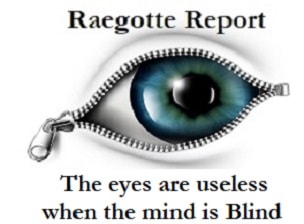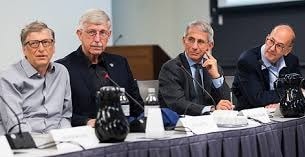Economic firefighters around the world have a problem they’ve never seen before: a lightning-fast economic collapse strapped to a virulent global pandemic and wild, whipsawing financial markets threatening to amplify the damage.
From Washington to Brussels to Frankfurt to Berlin and beyond, officials in advanced economies are rolling out the biggest fiscal and monetary policy bazookas they’ve ever imagined. Some of the players, notably Federal Reserve Chair Jerome Powell and Treasury Secretary Steven Mnuchin, have forged a close fire-fighting partnership echoing their predecessors’ during the 2008 financial crisis. Officials who confronted the brink of economic calamity during a European debt crisis that began a decade ago — such as German Chancellor Angela Merkel and the new European Central Bank president, Christine Lagarde — are revising their playbooks and trying to avoid renewing the divides of that conflict.
Economists, traders and average citizens are all too aware that those efforts can’t stop the coronavirus, which is causing a once-in-a century human and economic catastrophe that’s still playing out with no clear end in sight. They’re starting to brace for a longer and deeper downturn than any of them imagined just a month ago when the mass shutdowns began across the global economy. And they’ve yet to grapple with the consequences of the economic damage rippling from the largest and strongest economies to the smaller and weaker ones with fewer resources.
The world’s finance ministers and central bankers will gather virtually this week for the International Monetary Fund’s semiannual meeting of 189 member nations — a pandemic-era replacement for the usual in-person gathering in Washington. At the top of the agenda will be charting a course for fighting a global economic collapse unlike any other in the IMF’s 75-year history.
“The depth of the recession, just in terms of jobs lost and fallen output, will not compare to anything we’ve seen in the last 150 years." Kenneth Rogoff, a Harvard professor and former IMF chief economist -
Full Story - BEN WHITE, VICTORIA GUIDA and MATTHEW KARNITSCHNIG - Politico
What We Must Do to Prevent a Global COVID-19 Depression - A few months in, it is still hard to grasp the scale and scope of COVID-19’s global impact. A third of the world population is under some sort of “lockdown.” Over 200 countries are affected, and the number of new cases and deaths in many places are still growing exponentially. All the while, a second crisis, in the form of an economic recession, is underway.
We all want to leave this crisis behind as soon as possible. But as eager as we are to restart social and economic life, to do so, we must give prime focus on public health. That comes with an enormous cost, but it is better than the alternative. Government and business collaborating, based on the latest scientific evidence are our best chance at preventing a hopefully short-term recession from becoming a global depression.
Dr. Fauci and Bill Gates 'Predicted' Wuhan Pandemic in 2017 with "Astounding" accuracy
At a 2017 forum on pandemic preparedness at Georgetown University Dr. Fauci told listeners that the Trump administration will be challenged by global health threats AND a surprise disease outbreak.
Bill Gates also knew it was coming, he predicted the outbreak - down to it starting at a Chinese market - in 2019 Netflix documentary show 'The Next Pandemic'
Bill Gates Crosses the Digital Rubicon, Says ‘Mass Gatherings’ May Not Return Without Global Vaccine

